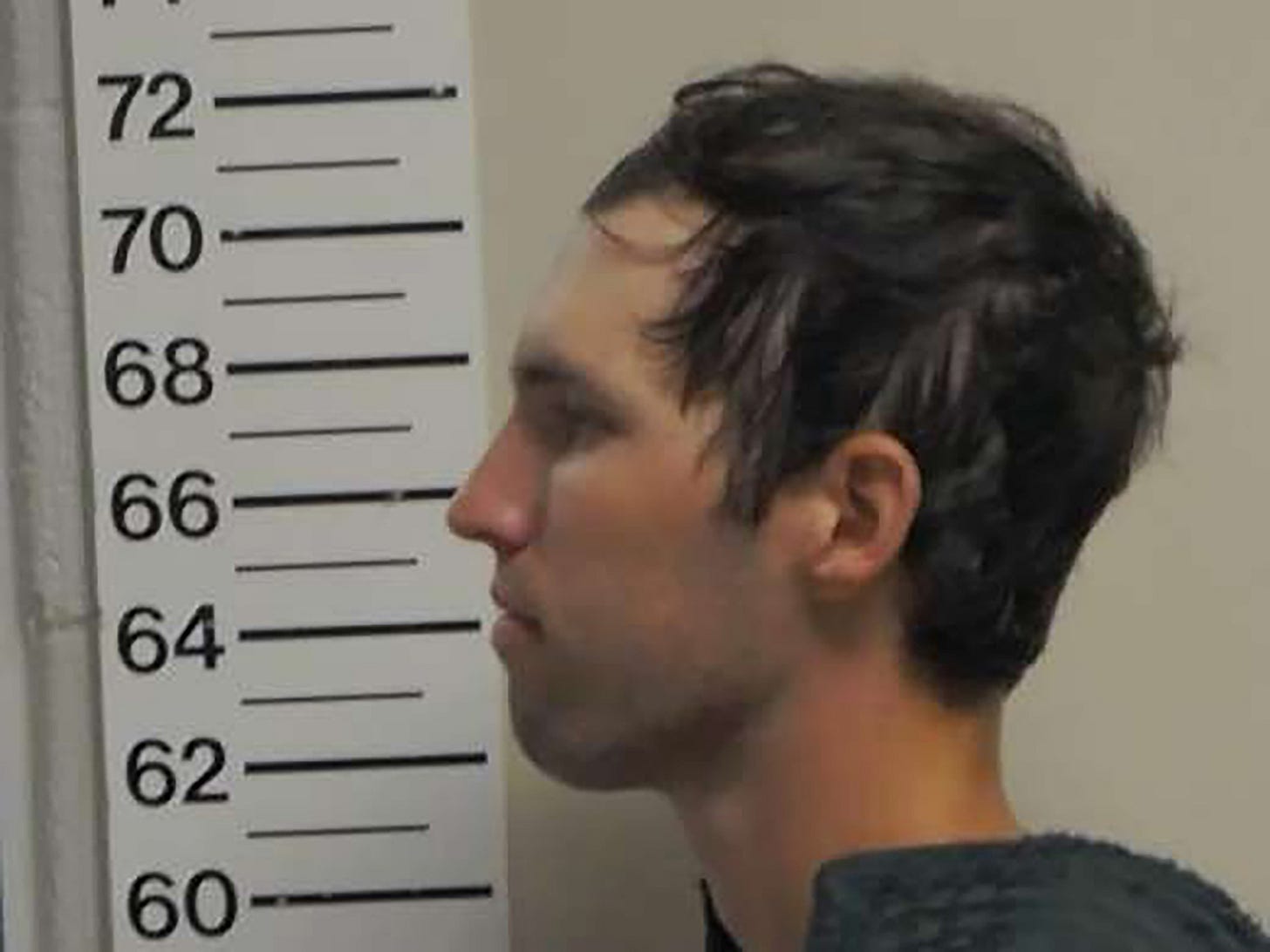Kirk shooting suspect: Why a death-penalty count may not be 'clear-cut'
Legal experts question the aggravated murder charge considered against Tyler Robinson.
Understand the nation’s most pressing legal controversies and why they matter.
The aggravated murder charge being considered against Charlie Kirk’s suspected killer Tyler Robinson is nearly 2,000 words long, and the law has dozens of provisions detailing what can earn an offender a death sentence.
Legal experts question whether any of them is a clear fit for Robinson’s alleged crimes.
“Great risk of death”
Although Gov. Spencer Cox (R) confidently announced that the state will pursue capital punishment, The Salt Lake City Tribune reported that prosecutors appear to be less certain that the statute applies to the case.
Utah Attorney General Derek Brown (R) only said that the option is “still on the table.”
Several of the aggravated murder provisions clearly do not apply to Robinson, including crimes against children, law enforcement officers, and witnesses in criminal cases. The aggravating factors also include the use of weapons of mass destruction, the hijacking of aircraft, and acts of poisoning, hostage-taking and child kidnapping.
A suspect can violate Utah’s aggravated murder law by committing “homicide in an especially heinous, atrocious, cruel, or exceptionally depraved manner,” but that “must be demonstrated by physical torture, serious physical abuse, or serious bodily injury of the deceased individual before death.”
Utah-based criminal defense attorney Steven Burton from Intermountain Legal told All Rise News that prosecutors could charge a part of the statute punishing murders in which the suspect “knowingly created a great risk of death to another individual,” arguing that the shooter put other people in Kirk’s vicinity in danger.
The probable cause affidavit suggests that the prosecution’s theory of the case is that Robinson “put many around [Kirk] at grave risk of death,” but Burton believes that prosecutors ultimately will have to lay out more specific details at trial.
Such a case would “come down to specific evidence [prosecutors] have regarding who else may have been at risk of getting injured, and that could ultimately prove to be problematic,” Burton wrote in an email.
In The Salt Lake City Tribune, another Utah-based criminal defense attorney Mark Moffat agreed that the “multiple victims” factor could be too poorly defined.
As for the other provisions in the statute, Burton wrote that other theories “could be a lot more of a stretch.”
“Ultimately, the current language of the Aggravated Murder statute poses some challenges for the government because, from the publicly available information we have right now, only one of the subsections looks like it could apply, but even that one is not clear-cut,” Burton wrote. “I wouldn't be surprised if, in the upcoming legislative session, we see a bill which adds additional circumstances under which Aggravated Murder can be filed.”
“That will happen”
Pressure to level a death-penalty count against Kirk’s killer in Utah has been coming from the top of the state and federal governments, even before Robinson’s identification and apprehension.
"We are going to catch this person," Cox said on Thursday, Sept. 11. "We are working with our attorneys, getting affidavits, so we can pursue the death penalty in this case, and that will happen."
On Friday, Trump told Fox & Friends: "He's going to be found guilty, I would imagine, and I hope he gets the death penalty.”
Skye Lazaro, a state and federal criminal defense attorney in Utah, called the commentary “problematic,” noting that there are still no formal charges against Robinson.
“What we want is for the justice system to operate independently,” Lazaro said. “That you have, ‘No person is above the law,’ and let the law apply equally to all… So I think there's a number of problems when you have high-ranking political officials commenting on what right now is an investigation.”
In death penalty cases in Utah, a jury presides over the guilt and penalty phases of trial, leading to concerns about tainting the panel in more than one way, Lazaro added.
Utah State Attorney Jeff Gray said he intends to reveal their charging decisions at a press conference scheduled for 12 p.m. Mountain Time on Tuesday, when he currently plans to file Robinson’s charges in the form of a criminal information.
If the investigation has not yet been completed, Gray signaled that prosecutors can seek a three-day extension until Fri., Sept. 19.
“Our ability to file charges depends on how quickly we can gather and carefully review mountains of evidence,” Gray’s office wrote in a press release. “We will be thorough and deliberate at every stage of this case.”
Even if an aggravated murder charge does not stand, Robinson is also suspected of obstruction of justice and felony discharge of a firearm causing serious bodily injury, a charge that carries a potential life sentence. Prosecutors could also pursue the lesser included offense of murder, according to Burton, the Utah-based legal expert.
If charged, Robinson will appear in court virtually at 3 p.m. MDT, which will be transmitted through the video conferencing software, Webex.
Utah law provides for cameras in the courtroom.




Thank you for giving us these details. I am praying that the people who handle this case will do it by the book and call out prominent public actors who are trying to influence the investigation and even the sentencing at this point.
Another serious, well-reasoned analysis. Thank you Adam.